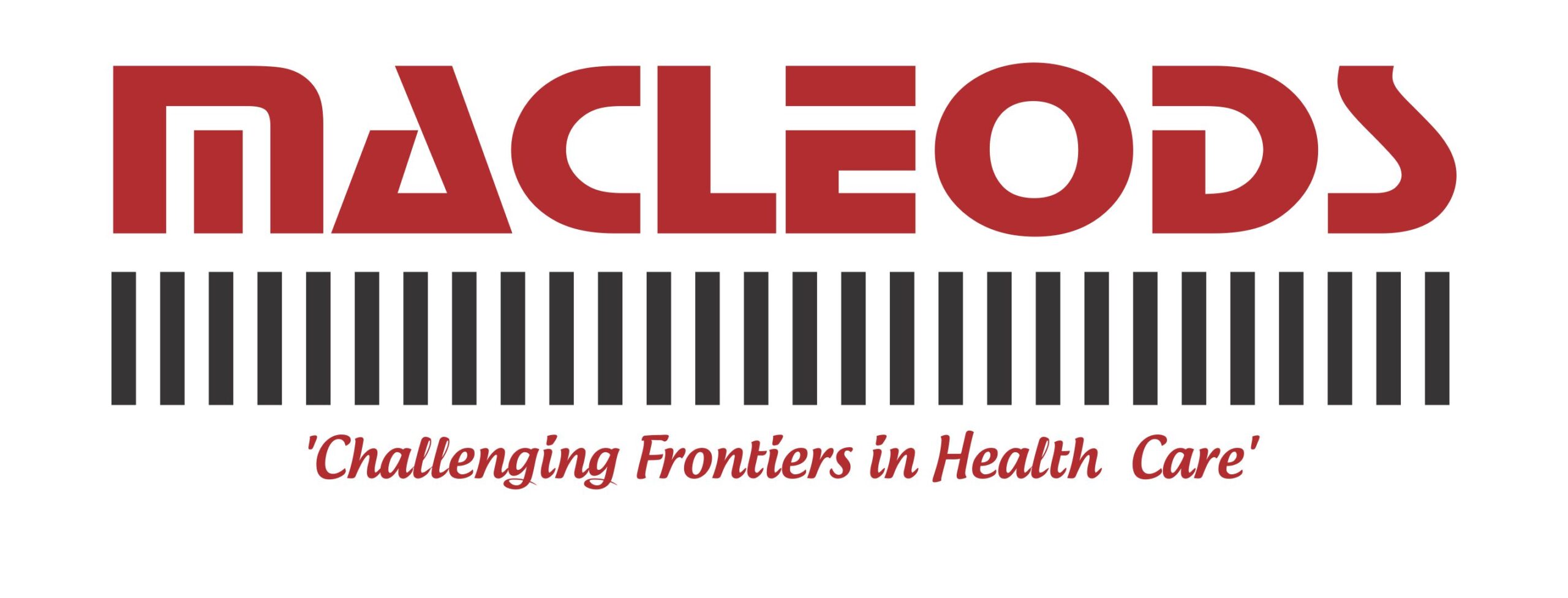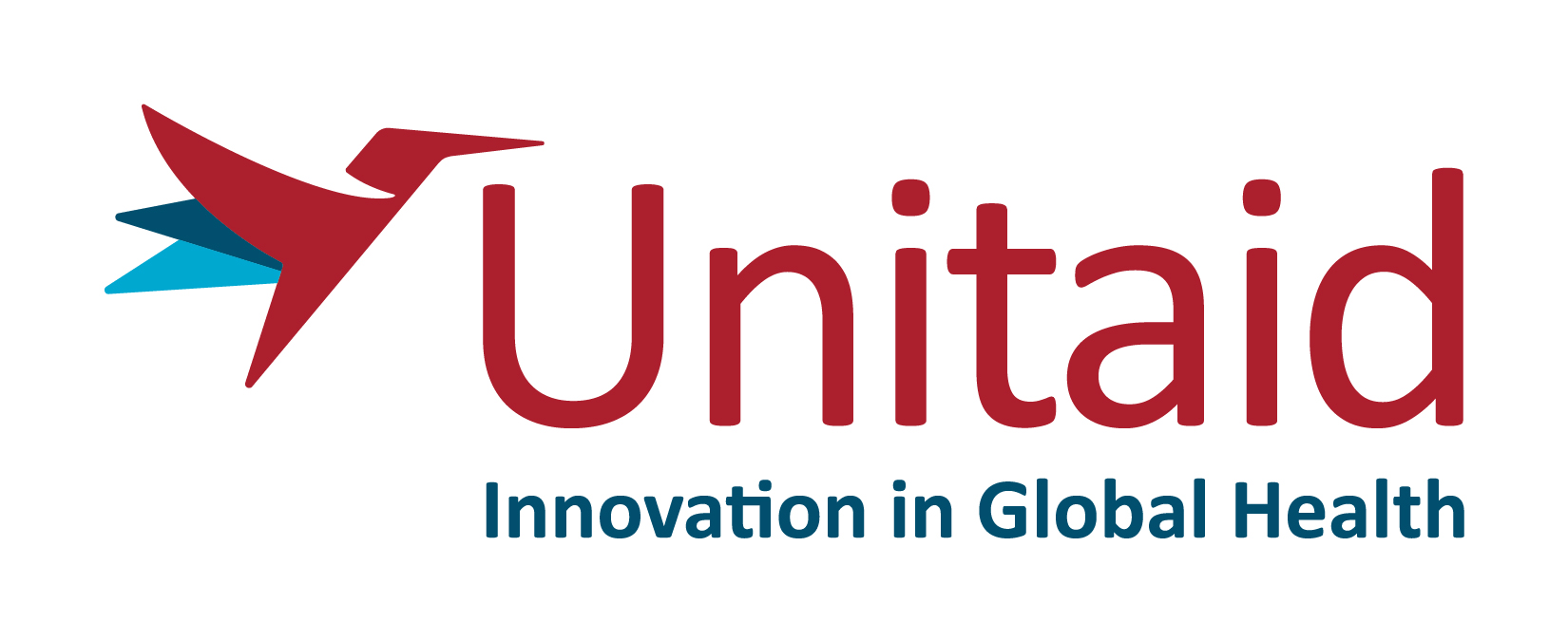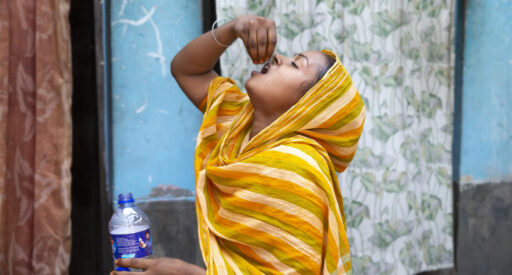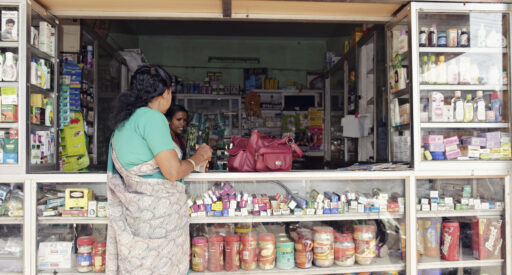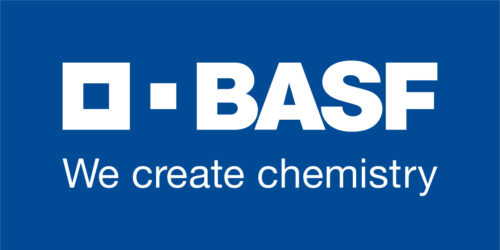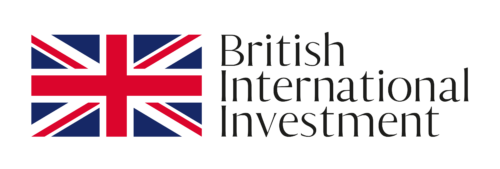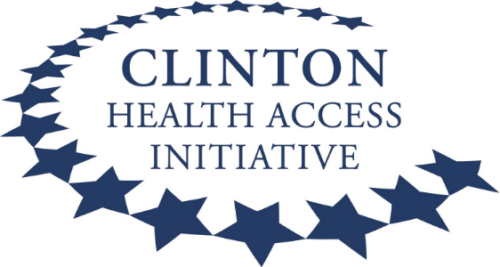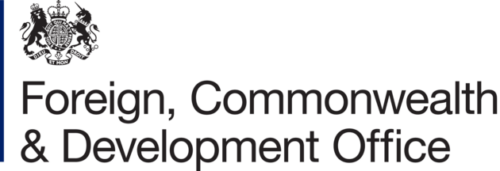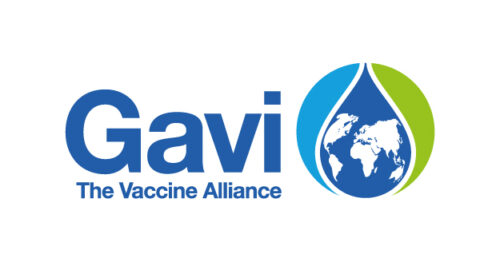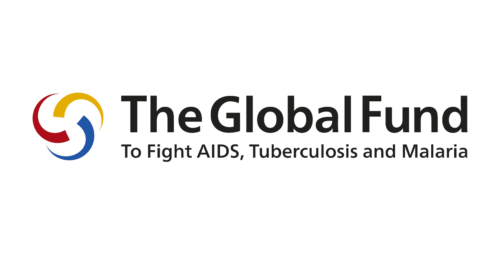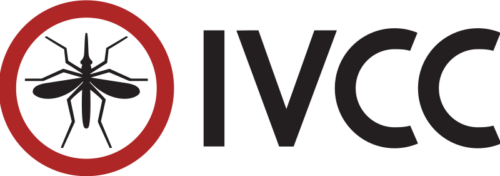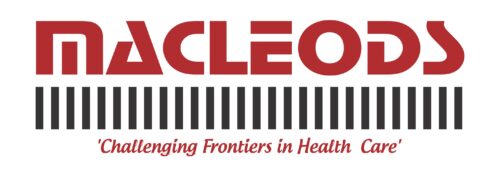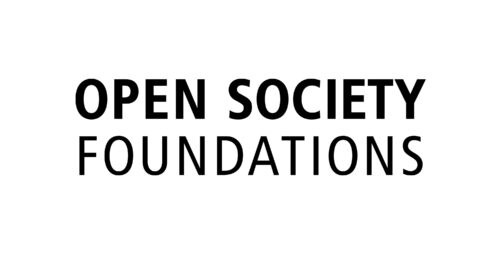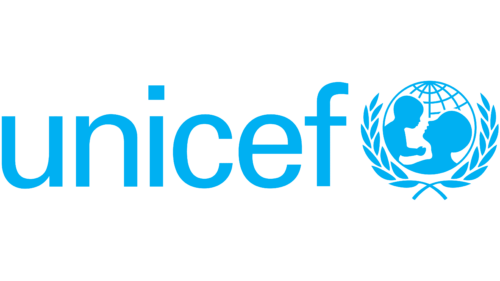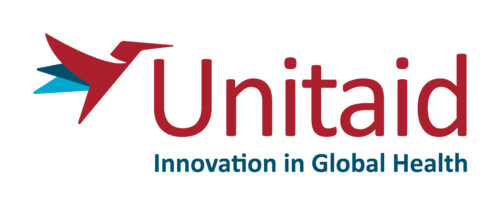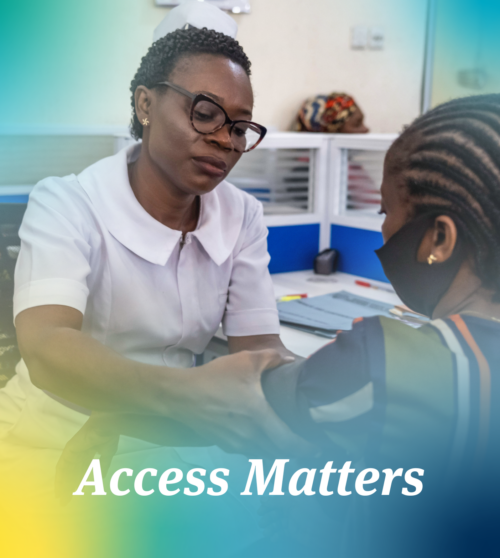3HP latent TB treatment
3HP TB preventive therapy has a shorter treatment duration, with patients taking fewer pills than with previous regimens.
Our volume guarantee for Macleods helped to ensure the availability of 3HP for people at high risk of developing TB, supporting the work of the IMPAACT4TB partnership.
Our
partners
The challenge
Public health
Tuberculosis (TB) is the world’s second leading cause of death from an infectious disease behind COVID-19. Latent TB infection occurs when someone is infected with TB-causing bacteria but is asymptomatic and non-infectious. About a quarter of the world’s population are estimated to have latent TB and, over a lifetime, 5-10% will develop active TB. The chance of latent TB becoming active is much higher in people living with HIV and household contacts of TB patients, particularly children under five.
The 3HP regimen effectively treats and cures latent TB in most patients. But access to preventive treatment was behind targets for the period 2018-2022. Addressing latent TB is essential to reducing the incidence and mortality of TB globally.
Market situation
The previous standard-of-care for latent TB, called isoniazid preventive therapy (IPT), was developed over 60 years ago and has seen limited uptake and poor patient adherence due to the treatment duration of six months or more. In 2018, the World Health Organization (WHO) updated its global guidance for latent TB management to include 3HP as a treatment option for both adults and children.
Historically, demand for 3HP has been limited by high prices and supply constraints. Prior to Macleods’ entry into the 3HP market, there were no suppliers of fixed-dose combinations and only one supplier of a 3HP co-pack with very limited production capacity.
Impact
By the end of 2022:
419,000
additional people completed treatment with 3HP
106,000
hospitalisations due to treatment side effects averted
882,000
approximate cases of latent TB in household contacts averted
The product
3HP is a fixed-dose combination therapy that combines two antibiotics – isoniazid and rifapentine – for the treatment of latent TB. It is a short-course regimen, taken once a week for three months.
Because of its shorter treatment duration and reduced pill burden, 3HP is as effective as IPT, with fewer side effects and better completion rates (90% on 3HP versus 50% on IPT).
The partnership
MedAccess provided a volume guarantee to Macleods.
Macleods will continue to produce and supply 3HP, scaling up capacity to meet increasing demand. Our guarantee enabled Macleods to initially lower its price for 3HP to $15 per patient course, before a further reduction in August 2022 to $14.25 per patient course.
The volume guarantee agreement complemented a broader set of interventions provided by the Clinton Health Access Initiative (CHAI) and Unitaid, as part of the IMPAACT4TB programme led by The Aurum Institute, to support the commercialisation and roll-out of 3HP.
The new ceiling price was available in 138 low- and middle-income countries.
Impact
By the end of 2022:
8
countries newly registered 3HP
32%
average price reduction
$22mn
in procurement savings
The impact
Our guarantee helped secure Macleods’ commitment to make 3HP available at $14.25 per patient course, setting a low-cost price benchmark for new competitors entering the market.
Since this volume guarantee was announced, a new supplier entered the market at the same price as Macleods, driving greater competition, improving supply sustainability, and increasing product choice.
As of end of 2022, we estimate the partnership had contributed to:
- an estimated additional 419,000 people living with HIV completed treatment, improving health outcomes and tackling onward transmission
- 106,000 fewer people were hospitalised due to adverse effects from the medication when compared to the current standard-of-care,
- an estimated $22 million in procurement savings, through an average price reduction of 32%.
How we calculate the impact of this agreement
Lives changed
Downstream patient outcomes were estimated based on the pooled risk analysis developed for the 2020 update of the WHO Latent Tuberculosis Infection Guidelines, and represent relative risk for people living with HIV when comparing 3HP to the current standard-of-care, isoniazid preventive therapy.
Money saved
Impact is estimated based on actual price reductions for 3HP over the course of the volume guarantee.
Markets shaped
We work with partners, including donors, procurers and ministries of health, to track changes in health markets where our investments are supporting access to products. We monitor for changes to policy, procurement practices and supplier movement, all of which affect markets and contribute to the long-term sustainability of impact.
Sustainable Development Goals (SDGs)
SDG 17
SDG 3
3.3
By 2030, end the epidemics of AIDS, tuberculosis, malaria and neglected tropical diseases and combat hepatitis, water-borne diseases and other communicable diseases
3.8
Achieve universal health coverage, including financial risk protection, access to quality essential health-care services and access to safe, effective, quality and affordable essential medicines and vaccines for all
3.b
Support the research and development of vaccines and medicines for the communicable and non-communicable diseases that primarily affect developing countries, provide access to affordable essential medicines and vaccines, in accordance with the Doha Declaration on the TRIPS Agreement and Public Health, which affirms the right of developing countries to use to the full the provisions in the Agreement on Trade-Related Aspects of Intellectual Property Rights regarding flexibilities to protect public health, and, in particular, provide access to medicines for all
SDG 10
10a
Implement the principle of special and differential treatment for developing countries, in particular least developed countries, in accordance with World Trade Organization agreements
SDG 17
17.6
Enhance North-South, South-South and triangular regional and international cooperation on and access to science, technology and innovation and enhance knowledge sharing on mutually agreed terms, including through improved coordination among existing mechanisms, in particular at the United Nations level, and through a global technology facilitation mechanism
17.7
Promote the development, transfer, dissemination and diffusion of environmentally sound technologies to developing countries on favourable terms, including on concessional and preferential terms, as mutually agreed
17.10
Promote a universal, rules-based, open, non-discriminatory and equitable multilateral trading system under the World Trade Organization, including through the conclusion of negotiations under its Doha Development Agenda
17.17
Encourage and promote effective public, public-private and civil society partnerships, building on the experience and resourcing strategies of partnerships
Discover more about this partnership
Key contacts
If you would like more information about this agreement, please reach out to our key contacts.

